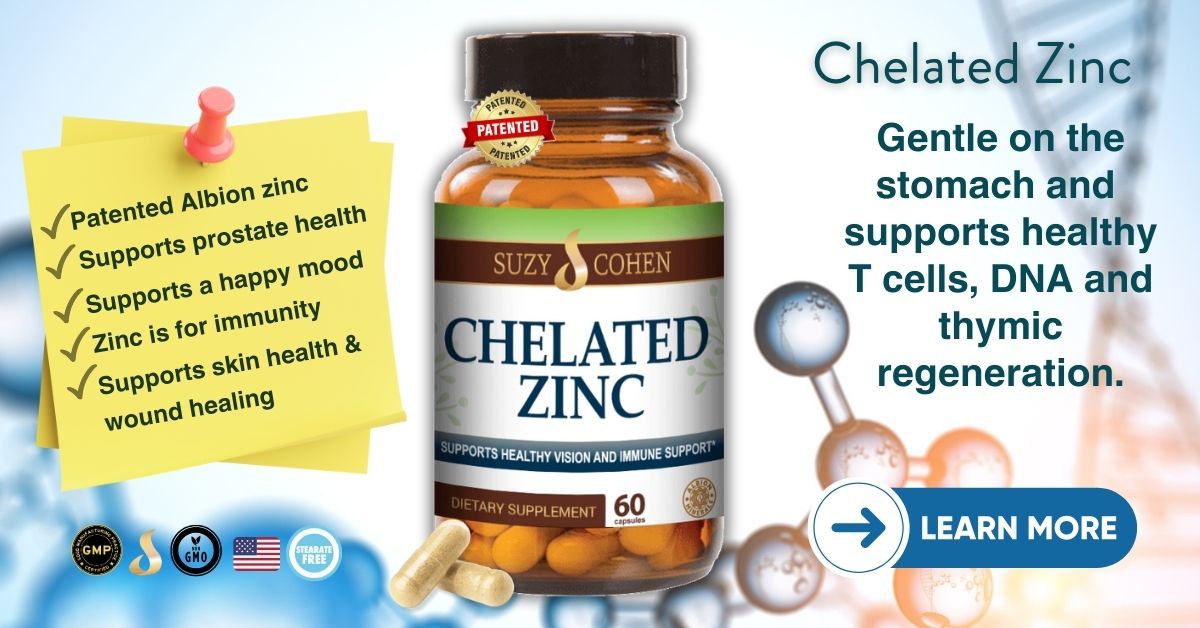Pumpkins can be white, yellow or green. They’re not all orange! Did you know Antartica is the only country that can’t grow a pumpkin? In Colorado where I live, there’s a huge pumpkin patch 2 miles from my house.
Today, I want to share the benefits of pumpkin seeds. One average sized pumpkin can impart about a cup of seeds, about 500 of them.
I can’t confirm this tidbit, but while researching this article I heard that the word “pumpkin” was first used in the Cinderella fairy tale.
As the season starts to transition to fall, you might find your menu shifting from salads, barbecues and fresh fruits to savory soups, biscuits and hearty casseroles instead. Most prized among the autumn food options is the pumpkin, a beautiful squash that’s probably more popular in home décor than on the dinner table!
I love pumpkin spiced lattes and pie, but the real prize in the pumpkin patch isn’t its potential for jack-o’-lanterns. The seeds nestled inside of the pumpkin are a treasure trove of nutrition. I like to roast mine and sprinkle them with a little dried lime powder and sea salt. These are excellent eaten roasted with olive oil and garlic or onion powder too. If you use olive oil, and want to know about healthier alternative oils like tea seed, CLICK HERE to read that article.
Pumpkin seeds are also known as pepitas in Mexico, and they are a staple ingredient in many food and medicine around the world.
They’re nutrient dense, and they contain a lot of compounds that are impressive for hour health.
A small handful of seeds contains about 10 grams of plant protein, which makes up 15 percent of our daily requirement! There’s only two grams of fiber and an impressive punch of omega-3s. Minerals such as iron, zinc, magnesium and selenium are in pumpkin seeds and all of these minerals are necessary to run the electoral system of your body so that you can move your muscles, read, walk, talk and breathe.
Here are 10 medical benefits from eating pumpkin seeds:
Diabetes.
Thanks to their high fiber content, pumpkin seeds help regulate blood sugar and improve satiety. This could help reduce the complications of diabetes. An animal STUDY showed that animals who received a combination of ground flax and pumpkin seed exhibited better labs and biomarkers and fewer problems associated with diabetes. One complication of diabetes is heart attack. The healthy oils in pumpkin seeds make them a necessity for heart health. Thanks to their alpha-linolenic acid content, the seeds can help with heart attack risk.
There was a study published in Climacteric, using pumpkin seed oil and the results in the post-menopausal women who participated were impressive.
Women receiving pumpkin seed oil had a significant increase in HDLs and less severe hot flashes. They also noticed fewer headaches and joint pain relief.
Blood Pressure.
Pumpkin seeds are high in magnesium, which is a wonderful mineral that helps with the production of neurotransmitters and hormones. If you have 5 extra minutes, you can read my article, All the Amazing Benefits of Magnesium.
Magnesium (and potassium) is absolutely essential for healthy blood pressure numbers and cardiac rhythm. In other words, if you’re low in either mineral, your heart will have palpitations and arrhythmias and you’ll have higher blood pressures. An estimated 75 percent of Americans are deficient in this mineral and it manifests itself with melancholy, leg cramps, insomnia, heart conditions, anxiety and hypertension. Leg cramps are another problem associated with mag deficiency. If you’re looking for a good brand, please consider my formula. CLICK HERE.
Immunity & Prostate Health.
Zinc will help with both immunity and prostate health. It also help with libido. Zinc is a fabulous mineral that pumpkin seeds are rich in. Two tablespoons of pumpkin seeds contain enough zinc to help you with all of the above issues as well as skin concerns such as wound healing and acne. Your skin loves zinc.
Sleep.
A handful of pumpkin seeds at dinnertime might improve your ability to relax and sleep. The reason is because of the magnesium which helps create more serotonin, a neurotransmitter that elevates mood. The serotonin quickly breaks down to melatonin, which is a sleep hormone. With nightfall your system starts to slow down and you get sleepy.
Bladder Trouble.
Pumpkin seeds might help with bladder infections and this isn’t really a surprise because of the rich mineral content, especially zinc. There was a STUDY that symptoms retreated in people with overactive bladder. What’s so amazing was this occurred in a matter of 6 to 12 weeks. There isn’t enough data to say whether it helps UTIs but I would guess that it probably helps reduce incidence.
Libido.
Pumpkin seeds promote higher testosterone levels, and this improves energy, endurance, libido and strength.
Testosterone is needed for both men and women’s health. DNA Protection.
Cancer is the product of a multitude of factors, some of which we can control and some of which we cannot. Antioxidants are thought to help by reducing the body’s burden of free radical harm to DNA. Pumpkin seeds are effective at reducing free radical damage and have been STUDIED for this role.
Results of the study showed that consumption of pumpkin seeds, as well as soybeans and sunflower seeds, are associated with reduced risk of breast cancer, specifically in women who are post-menopausal. Flavonoids are just compounds, but they’re powerful antioxidants that come from plants and their seeds, and they’re highly protective of DNA, making them very cancer protective.
Satiety.
Most of us wish we could lose a pound or two from our belly fat, and munching on pumpkin seeds could help you do that. They do not cause weight loss directly, but rather they help you feel full longer. This reduces overeating. The fats and oils that naturally occur in pumpkin seeds help with your hormone production, which in turn helps with fat-burning capabilities.
Bone Health.
Zinc, magnesium and selenium deficiencies are harmful to bones. Without these minerals your risk for osteoporosis goes up. Eating pumpkin seeds appears to support bone health.
Vision.
Pumpkin seeds are very high in carotenoids which protect your vision. The zinc in pumpkin seeds also help with eyesight. Taking beta carotene along with zinc has been shown to help with age-related macular degeneration.
Pumpkin seeds are loaded with beta (and alpha) carotene as well as zinc, which forms vitamin A in your body. Pumpkin seeds contain squalene, which is an interesting compound that helps with eye health and skin health. You might not have heard about squalene, but this antioxidant acts similarly to beta-carotene, and it protects your skin from UV light damage and other forms of potentially dangerous radiation. It’s involved in retinal health. Your retina is in the back of your eye near the optic nerve. It helps receive light that the lens has focused upon, and convert that light into signals that tell your brain what you’re actually seeing. Protecting your retina is very, very important!
Caution: Like any food, there is the risk for allergy. If you’re sensitive you might experience stomach pain after eating them, swelling or itching of the throat or skin rashes, hives or eczema-like irritations.
Here’s a RECIPE for Perfect Pumpkin Pie
CLICK HERE for my delicious recipe for Pumpkin Macadamia Soup

Suzy Cohen, has been a licensed pharmacist for over 30 years and believes the best approach to chronic illness is a combination of natural medicine and conventional. She founded her own dietary supplement company specializing in custom-formulas, some of which have patents. With a special focus on functional medicine, thyroid health and drug nutrient depletion, Suzy is the author of several related books including Thyroid Healthy, Drug Muggers, Diabetes Without Drugs, and a nationally syndicated column.


